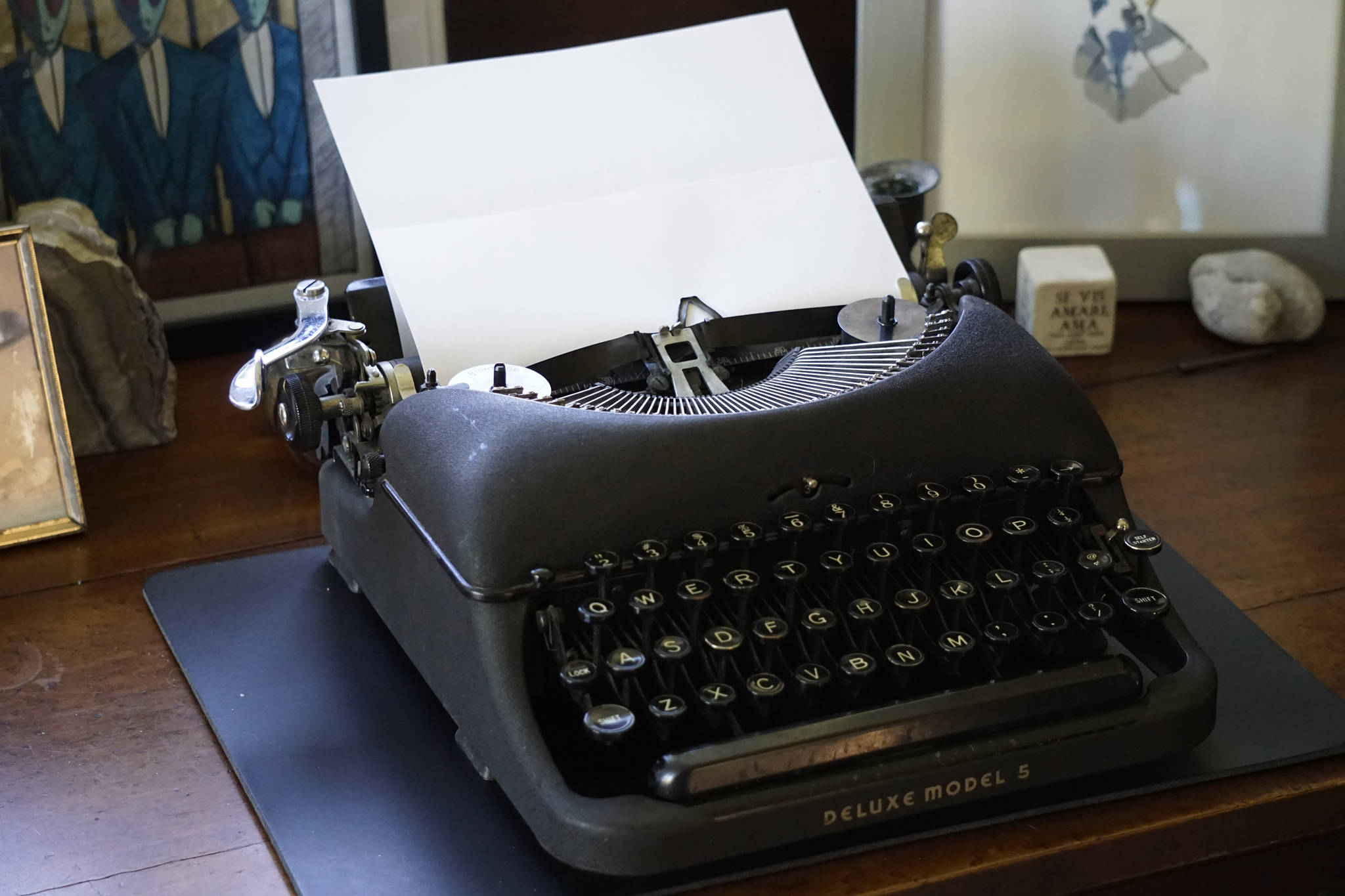In the Alaska Native classic novel, “Two Old Women,” author Velma Wallis tells the story of two elders left behind by their tribe during a hard winter. If the members of the Alaska Legislature haven’t read the book, there’s a lesson there worth taking to heart as its members consider overriding Gov. Mike Dunleavy’s procrustean vetoes.
You do not abandon your elders.
And while we’re at it, you also do not abandon your culture, your teachers, your sick, your communicators and all the people and institutions that keep a society running. That’s what Dunleavy has done with his more than $400 million line-item vetoes of everything from university to arts funding.
In “Two Old Women,” the leaders of an Athabaskan tribe starving in a bad winter make the hard choice to leave behind two elderly women who are moving slower and slower. Spoiler alert: Through persistence and their long knowledge of living off the land, the women not only survive the winter, but emerge stronger. They reunite with the tribe. Shamed by what they did, the leaders come to understand that knowledge has great value and that those who hold it should be cared for.
You know, like a university.
That’s the larger lesson of “Two Old Women.” A community survives by pulling together, by respecting its weakest members and caring for them. It survives by nurturing its children and giving them the education and knowledge they need to become valued, active citizens. The children in turn will care for their elders. They will carry their weight when they are old, not only because it is the right thing to do, but because our elders can give us the knowledge and wisdom to survive.
That’s the other lesson of “Two Old Women:” When you think elders have become a burden and have no value, it turns out that their lifelong experience can help younger people survive.
When Dunleavy made his vetoes on July 28, he was like the chief in “Two Old Women.” That chief thought that in hard times he had to make tough choices. The council members of the tribe who backed the chief thought that for the good of the tribe the two old women should be left behind.
Dunleavy has called expedient what is really cruel. He has made budget vetoes not to save money or put the state back on a firmer financial track, such as of the Alaska State Council on the Arts. Some vetoes appear to be out of spite, such as a $300,000 veto to the Alaska Court System because Dunleavy didn’t like how the courts ruled on use of state money to fund abortions.
He is using the cuts to fund a big Permanent Fund dividend of $3,000, the bribe he paid for greedy Alaskans to vote him into office. It’s a bribe lower Kenai Peninsula legislators also offered, like Rep. Sarah Vance of Homer. Rather than ask rich Alaskans, Outside workers and small business to pay an income tax — a tax that would allow larger dividends for those who truly need it — Dunleavy satisfies greedy Alaskans at the expense of the sick, the old and the poor.
If the Alaska Legislature has a heart, if it has any compassion, it it cares for everyone, they will understand what one of the tribal council members in “Two Old Women” who first made the decision to abandon them discovers.
As Wallis writes, “We were wrong to leave them behind. They proved it so. Now we will pay them back with respect.”
Dunleavy was wrong. The Legislature should pay our elders and disadvantaged back with respect. It should do the right thing and override the governor’s vetoes.



